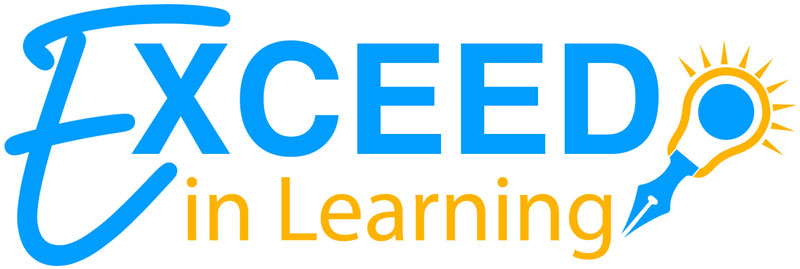Raising a middle schooler comes with a whole slew of challenges including how to help them with their studies in school. Let’s face it, the content that kids are learning is different and HOW they are learning it is different from when WE were their age. How are parents supposed to know how to help their kids? Take studying for example. If your child struggles in a particular content area, you have probably heard at more than one parent teacher conference, “He just needs to study more.” But what does that mean exactly? Just rereading a chapter or filling out a graphic organizer is not enough for our reluctant and struggling kids to truly understand the content. Kids need to be TAUGHT study strategies. The reality is that teachers are often overwhelmed with covering the required material and do not spend enough time, or any time, teaching them HOW to study for assessments. So, most times, it’s up to parents to step in and provide this necessary instruction. But fear not! In this blog, I will provide you with a few ideas that tap into your kids’ visual, kinesthetic or auditory strengths that will make studying more effective…and fun!
Flashcards
Flashcards are commonly used with vocabulary words and their definitions. But, they can also be created for questions and answers. Typically at the end of a chapter or unit, there will be a “Chapter Review”. Have your child write the questions on one side and the answers on the other. Having your child quiz himself by flipping the cards over and placing them into a “Got It” and “Need More Practice” piles may be enough to keep him active and interested. He can even challenge himself by reading the answers first and trying to reproduce the question…Jeopardy style!
Picture Notes/Doodle Notes
Some kids are visual learners and love to doodle. Research has proven that doodling helps kids remember information, fills in gaps in their understanding and provides a visual representation of their learning that they can refer back to. So, invest in a set of journaling pens and get ready to have your child turn their boring notes into a messy masterpiece! Have your child read through their notes, highlight important vocabulary words, and add sketches in the margins to make their notes pop. They can even make connections and ask questions within the margins to further clarify information. Picture or Doodle notes help to make difficult concepts more concrete and visual.
Mnemonic Devices
If you are a musician you will recognize the phrase, “Every Good Boy Does Fine.” This mnemonic device helped me through many early piano lessons when I couldn’t figure out a particular note. It has been a long time since I have taken a piano lesson, or even played a note, and yet I still remember the notes EGBDF. If it can work for music, it can work for any subject area. If there is a particular concept or vocabulary word that your child needs to remember, help him to create a mnemonic device for each letter of the word that represents the word in some way. Creating acronyms or sentences with the first letters of words can be a fun and helpful strategy for kids who like to play with language.
There are TONS of strategies and tips out there intended to help kids study. Ultimately, your child needs to figure out what is most effective for him. Learning new material can be difficult, in and of itself. So, when helping your child study, keep it short, keep it simple and keep it fun.




